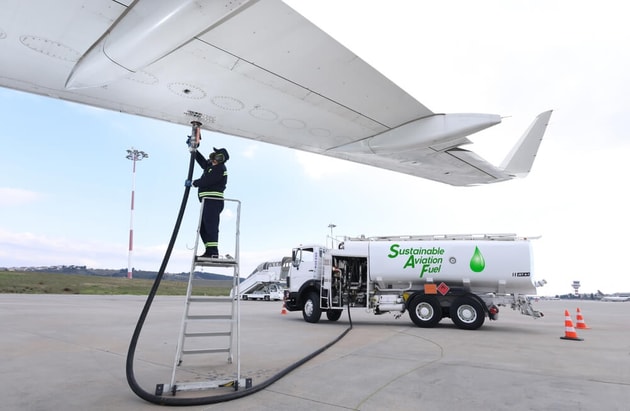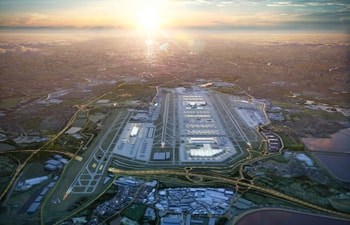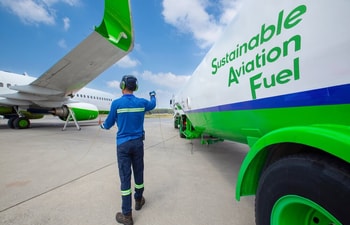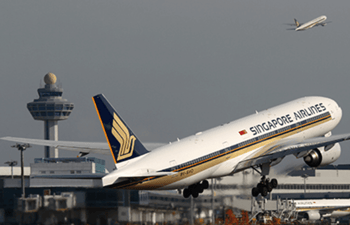Energy major bp is targeting two to three sustainable aviation fuel (SAF) projects this decade.
Speaking to delegates on the opening day of India Energy Week 2025 in New Delhi, William Lin, Executive Vice-President Gas and Low-Carbon Energy at bp, announced the target and said, “SAF plays to our strengths, we’ve been supplying conventional jet fuel and have deep relationships over many decades. Those channels of distribution are there.”
“We have the ability to produce SAF at or near refineries, so putting that together is a natural evolution. In terms of regulatory or legislative help, all types of transitioning business need support, and mandates are ways that as an industry we can benefit.”
He added that converting ethanol to SAF is a huge market, particularly in India where aviation is growing rapidly.
But Lin sounded a note of caution when it comes to investment. “We all want to transition, but it has to be economically viable – we have shareholders and have to manage returns,” he said. “Hydrogen will happen, and low-carbon fuels, it’s just a matter of time and transition.”
Commenting on the new pro-fossil-fuel US government policies, Lin said, “It’s early days, I know people are jumping on ‘drill, baby, drill’, but we have to live through different jurisdictions and governments, we have to weather through any administration. But based on history, I know Trump wants to cut on permitting times and those are positive things to look forward to.”

Source: bp
SAF typically provides up to 80% lifecycle carbon emissions savings compared with conventional jet fuel.
Today, existing refineries can be used to co-process 5% approved renewable feedstocks alongside the crude oil streams to meet the requirements of the industry jet fuel standard ASTM D1655. bp’s Lingen refinery in Germany is already being used to produce SAF through co-processing.
Alternatively, SAF2 produced in standalone units (which are not currently widely available) would meet ASTM D7566, the standard specification for aviation turbine fuel containing synthesised hydrocarbons. This is blended with up to 50% conventional jet fuel and certified as ASTM D1655. ASTM is also supporting the development of specifications for 100% SAF.






